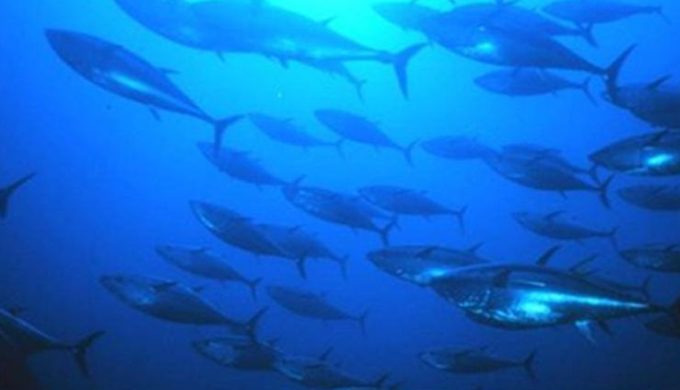As part of the development of an artificial reef in the Gulf of Mexico, 50 concrete pyramids were sunk off the South Texas coast on Tuesday, June 27. According to a report by NBC DFW, the artificial reef is designed to increase fish habitat in the area. Taking details from a Brownsville Herald article, the news station reported that the project was financially supported by the Friends of RGV Reef.
Local News
Pyramids Sunk into Gulf of Mexico Form Artificial Reef for Fish Study

Photo: Facebook/Jacksonville Reef Research Team
Marine scientists, both local (from the Rio Grande Valley) and abroad, will study the reef and the population statistics of red snapper. The project included the placement of the 3-ton pyramids (constructed by Atlantis Marine Habitats LLC), approximately 8 miles from South Padre Island. Lil’ Mo Marine Services donated the pyramids as well as the time to transport and sink the structures, which measure almost 10 feet in height.

Photo: Wikipedia
Lil’ Mo has been involved in this process before, lending its expertise in the sinking of close to 6,000 of the pyramids constructed by Atlantis on behalf of the Texas Parks and Wildlife Department, as well as other groups similar to the Friends of the RGV Reef. Gary Glick, Friends president, explained that 42 of the pyramids were placed in groups of four to develop what’s called a “trolling trail.” He also noted that to monitor the most effective method of increasing snapper productivity, limestone rip-rap would be placed around some of the pyramids while cinderblocks would be sunk around others.

Photo: Public Domain Pictures
In an interview with the Brownsville Herald, Glick explained, “We talk about snapper because that’s where all the research is, and it’s all snapper in the scientific literature. But we know that when we make things right for snapper, we make things right for all of the less-studied species.”
Sources:



